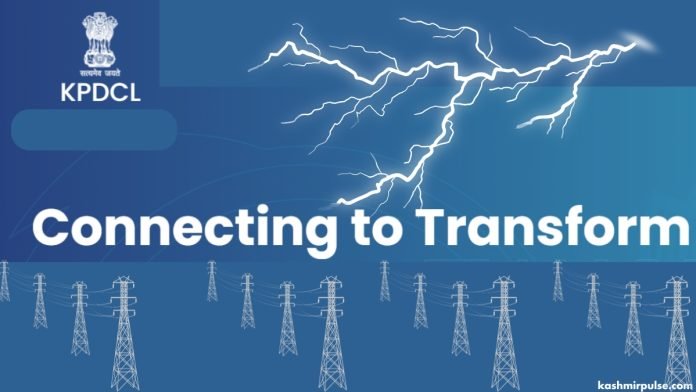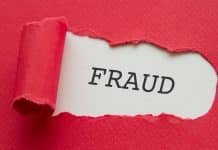
SRINAGAR — The Kashmir Power Development Corporation Limited (KPDCL) has said it was charging a flat rate for 68 per cent of its residential consumers.
The DISCOM further said that the flat rate is being charged irrespective of the consumption of electricity by the consumers or the load agreement.
Taking to micro-blogging site X, KPDCL said this in reference to statements on social media regarding high electricity bills being raised by the Power Development Department in rural and urban areas.
According to the news agency KNO, KPDCL said that the electricity tariff rates in J&K are set by the Joint Electricity Regulatory Commission (JERC), an independent body.
“These rates are meticulously calculated to cover costs such as power purchase, genuine transmission expenses, staffing, and maintenance, to ensure that consumers are charged fairly,” it reads.
KPDCL in a statement mentioned that in J&K, the electricity tariff being charged from consumers stands as one of the lowest across the country.
Notably, J&K did not increase its electricity tariff during the current financial year (2024-25).
“Similarly, in the previous financial year (2023-24), metered consumers experienced a 15 per cent tariff hike,” it reads.
It also said, “However, the government simultaneously withdrew the 15 per cent electricity duty (ED) on energy charges, resulting in no net increase in consumer electricity bills.”
According to the KPDCL, “The metering percentage is very low, particularly in the Kashmir region where only 32 per cent (318605) of residential consumers are metered and are being billed as per actual metered consumption against the total residential consumer base of 982125.”
The DISCOM said, “This discrepancy leads to a significant gap in energy accounting, resulting in substantial losses for DISCOMs, particularly during peak demand periods. Recent surveys and enforcement drives have revealed instances where consumers have declared much lower connected loads than their actual usage, exacerbating these losses.”
“DISCOMs in J&K are actively participating in the Government of India’s RDSS scheme to improve power supply quality and reliability by strengthening supply infrastructure,” KPDCL said.
The DISCOM further said that it was intensifying enforcement activities in all areas to check pilferage and book the defaulters under the electricity norms including the Electricity Act 2003.
“These efforts have yielded positive results, with AT&C losses decreasing from 63% in 2021-22 to 41% in 2023-24. Similar progress has been made in narrowing the gap between ACS and ARR,” it reads.
The KPDCL said that in order to further reduce losses in unmetered (flat rate) areas, “Calibrated rationalization of load as per actual electricity usage or connected load following electricity supply code regulations, ensuring that no consumer receives a high or inflated bill.”
“The JERC has devised flat-rate tariffs to incentivize consumers opting to switch to metered billing, thereby reflecting actual consumption more accurately,” it reads.
KPDCL further said that the consumers are also counselled and encouraged to opt for metered billing if they find flat-rate charges disproportionate to their consumption.
Follow Us
The Kashmir Pulse is now on Google News. Subscribe our Telegram channel and Follow our WhatsApp channel for timely news updates!









